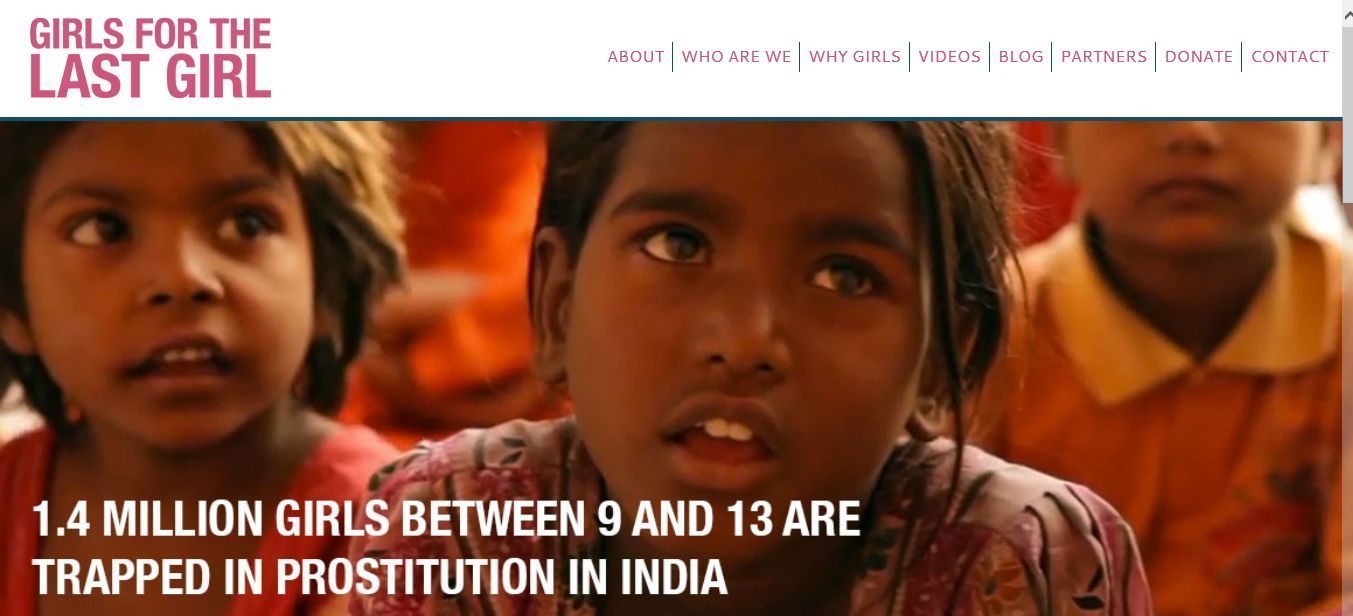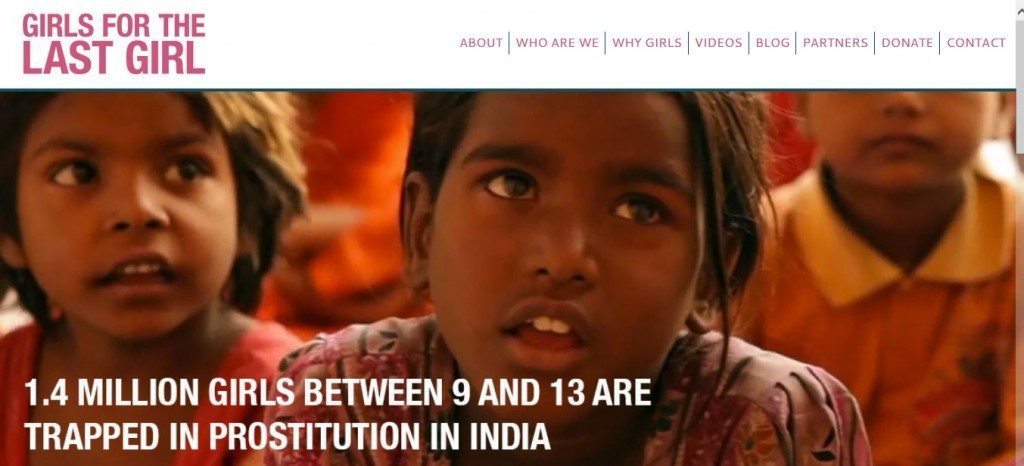
We heard the stories that set the context of the debate about identities and one specific comment stood out for me:
Human traffickers first action is to destroy their victims identification papers = let's get rid of paper identities #ID2020 @UN
— Chris Skinner (@Chris_Skinner) 20 May 2016
Human traffickers’ first action is to get rid of someone’s identification papers. The problem is paper. How can we create a solution using today’s digital technologies? That was the question posed for the rest of the day, and we talked about lots of things from mobile to biometrics to blockchain, of course.
At the end of the day, I left realising there is no solution yet and, if I’m brutally honest, there may never be one. The reason I say that is that we can come up with all the grandiose ideas of taking a baby’s biometrics and recording them on a blockchain ledger governmental system that gives them traceability forever, but it’s not as simple as that.
For example, some of the questions posed over lunch included:
- Why do societies trust government issued ID’s more than privately issued ID’s?
- How can the UN create an international ID system that could be accepted by all governments for people who are stateless?
- Will growing anti-migrant sentiment be an obstacle to an accepted international ID?
We talked about these questions and more, and came up with discussions about accepting Facebook as your ID as it’s more reliable than most – a Social KYC if you like - except that the people we want to identify are unlikely to have a Facebook profile. We talked about the UN running a blockchain ID system that could be uniquely identified via biometrics. We talked about a UN ID being available for all, cheaply and freely through the mobile network. We wondered whether the stateless could be identified this way and what it would mean. We talked about what a Legal Identity structure would look like; the problems of creating one; and the idea of a public-private partnership that could make one work.
It was all laudable and praiseworthy thinking, and I really hope we do get something off the ground, but the day was pretty much summed up by a conversation I heard in the registration queue as I arrived early in the morning.
Two chaps behind me were debating and one made a comment: “it has nothing to do with the technologies you know. Technology could solve identity overnight, but who would trust it? It’s the people who get in the way. It’s the governments and the implications of liability for mistaken identities that cause the problems. There’s no solution to that.”
In other words, we have the technologies. In fact, we’ve had them for years. We could have issued a global digital identity scheme years ago if anyone had the motivation to create one. But borders are there for just that reason: to keep people out. Creating a global scheme that would allow movement across borders with identifications that would be accepted and used by all is a dream. I guess we hope to make that dream come true, now that we have the blockchain protocol. It would be amazing to dream the impossible dream and make it possible. But when I read something like this: It’s easier for Americans to travel within Africa than Africans themselves, then you know the issue is not identities but borders, business and commerce.
Would a biometric blockchain mobile inclusion system providing identities for all overcome human trafficking, abduction and sexual slavery?
No. But a United Nations agreement to accept a biometric blockchain mobile inclusion system to provide identities for all might. One day. That is the impossible dream and we are going to try to make it possible.
Chris M Skinner
Chris Skinner is best known as an independent commentator on the financial markets through his blog, TheFinanser.com, as author of the bestselling book Digital Bank, and Chair of the European networking forum the Financial Services Club. He has been voted one of the most influential people in banking by The Financial Brand (as well as one of the best blogs), a FinTech Titan (Next Bank), one of the Fintech Leaders you need to follow (City AM, Deluxe and Jax Finance), as well as one of the Top 40 most influential people in financial technology by the Wall Street Journal's Financial News. To learn more click here...


